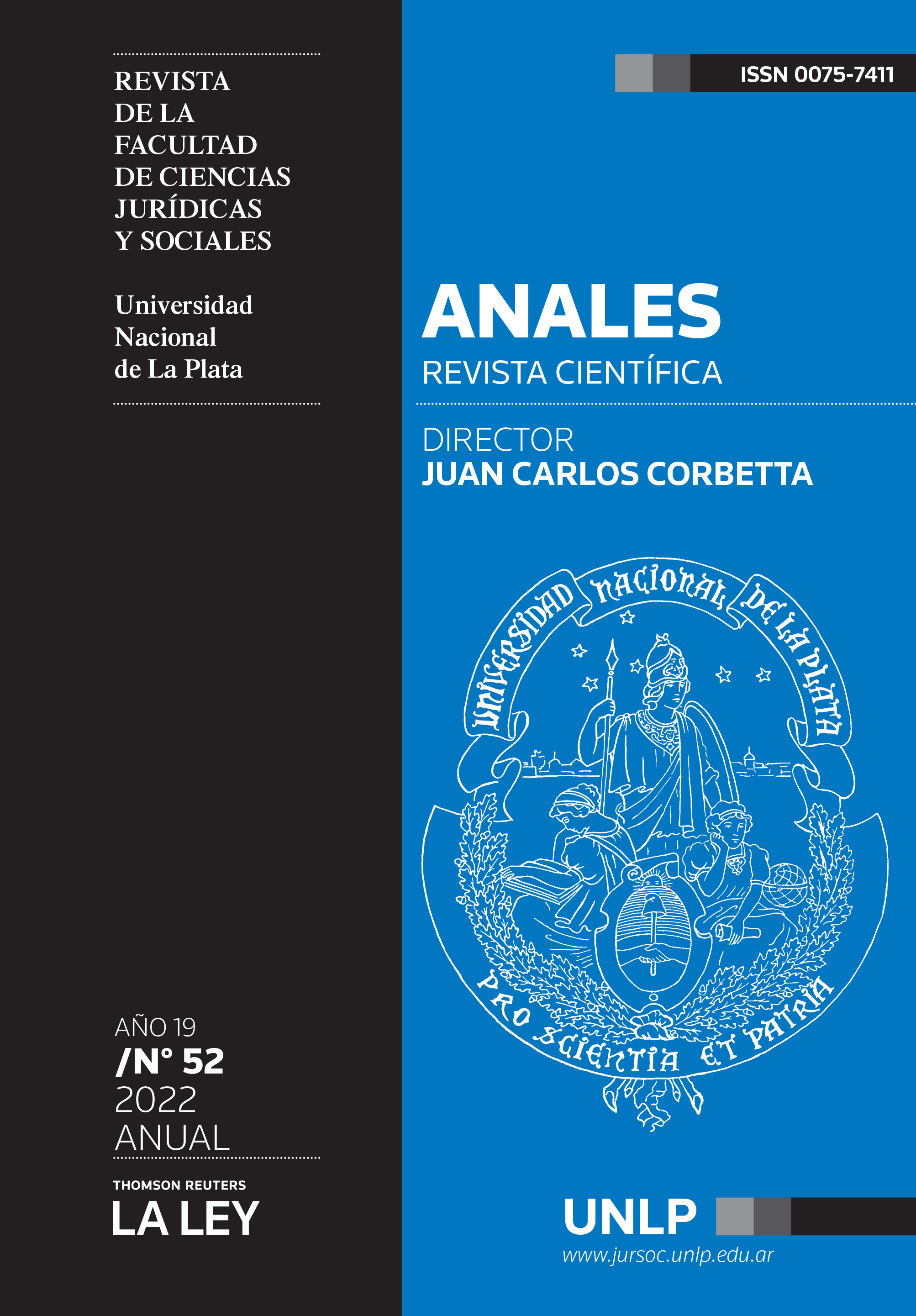Recall in México. Its institutional design. The AMLO case (2022)
DOI:
https://doi.org/10.24215/25916386e127Keywords:
recall, presidential recall , ratifying plebiscite , Mexico, AMLO caseAbstract
Since the 1980s, several Latin American countries have carried out constitutional reforms where they adopted the revocation of mandate among other mechanisms of direct democracy. Mexico is so far the last country to incorporate it into its national constitution: it did so in 2019. It is also the fourth to enable presidential revocation and the third to vote for it. During 2021, the president-elect, Andrés Manuel López Obrador, promoted a consultation on his own permanence in office, with the underlying intention of ratifying himself in it. Held in 2022, in the midst of deep controversy and with clearly ambiguous results, in this article we intend, first, to analyze its institutional design, in order to elucidate its applicability and possible effects on the presidential regime, and, second, to study the case of application of 10A, to know its real performance and impact, either as a mechanism of citizen control and/or as a potential tool of political manipulation.
Downloads
References
Altman, D. (2005). Democracia Directa en el continente americano: ¿autolegitimación gubernamental o censura ciudadana? Política y Gobierno, XII (2) (pp. 203-232).
Animal Político (2022). Promoción indebida y acarreo, las irregularidades más denunciadas en la consulta de revocación de mandato. https://www.animalpolitico.com/2022/04/irregularidades-consulta-de-revocacion-acarreo-morena-mario-delgado/
Aragón, M. y López, J. (2000). Plebiscito. Diccionario Electoral. Tomo II. San José: Instituto Interamericano de Derechos Humanos.
DW Español (2022). Mexicanos deciden si AMLO se queda hasta 2024. https://youtu.be/VcbNZdd9au4
Eberhardt, M. L. (2019). Efecto helicóptero. ¿Cómo reemplazar malos gobernantes sin golpes de Estado? Buenos Aires: Prometeo.
El Financiero (2021). Abren las casillas para la elección más grande en la historia de México. https://www.elfinanciero.com.mx/elecciones-2021/2021/06/06/abren-las-casillas-para-la-eleccion-mas-grande-en-la-historia-de-mexico/
El País, (2022). Así le hemos contado la revocación de mandato de López Obrador. https://elpais.com/mexico/2022-04-10/revocacion-de-mandato-en-vivo-la-consulta-de-lopez-obrador.html
El Universal (2022). Baja votación en revocación de mandato demuestran que Morena y AMLO van en picada: Anaya. https://www.youtube.com/watch?v=2hw7MNxIvzE
Europa Press (2019). El Congreso de México aprueba la reforma consitutcional para revocar el mandato presidencial mediante consulta ciudadana. https://www.notimerica.com/politica/noticia-congreso-mexico-aprueba-reforma-constitucional-revocar-mandato-presidencial-consulta-ciudadana-20191106035044.html
García Lema, A. (1994). La reforma por dentro. La difícil construcción del consenso constitucional. Buenos Aires: Planeta.
Gargarella, R. (2014). La sala de máquinas de la Constitución. Buenos Aires: Katz Editores.
INE (2022). Cómputos de la revocación de mandato 2022. https://computosrm2022.ine.mx/votos-distrito/grafica
Infobae (2021). Costosa farsa: PRD se lanzó contra Morena por firmas falsas para revocación de mandato.
Lissidini, A. (2007). Democracia Directa en América Latina: entre la Participación y la Delegación. Documento de Trabajo. Serie de Documentos de Trabajo-UNSAM, 17 (pp. 1-45).
Merino, M. (2001). La Participación Ciudadana en la Democracia. Cuadernos de Divulgación de la Cultura Democrática. México: Instituto Federal Electoral. http://www.ife.org.mx/documentos/DECEYEC/la_participacion_ciudadana_en_la.htm#presenta
Nino, C. (1997). La constitución de la Democracia Deliberativa. Barcelona: Gedisa.
O’Donnell, G. (1998). Accountability horizontal. Ágora, cuaderno de estudios políticos, 8 (pp. 5-34).
Payne, M.; Zovatto, D.; Carrillo, F.; y Allamand, A. (2002). Democracies in Development: Politics and Reform in Latin America. Washington, D.C: Inter-American Development Bank - International Institute for Democracy and Electoral Assistance.
Proceso (2022). Revocación de mandato. Los balazos que el INE se dio en el pie.
RTVE (2022). https://www.youtube.com/watch?v=5SCsSzwMKa8
Serrafero, M. D. y Eberhardt, M. L. (2017). Presidencialismo y revocatoria de mandato presidencial en América Latina. Revista Política y Sociedad, N° 54, vol. 2 (pp. 509-531).
Smulovitz, C. (2001). Judicialización y Accountability Social en Argentina. XXII Internacional Conference, LASA. EE.UU.
Verdugo Silva, J. (2014). Bolivia: entre la expectativa de uso y los intentos fallidos de activación. En Y. Welp y U. Serdült, La dosis hace el veneno. Análisis de la revocatoria del mandato en América Latina, Estados Unidos y Suiza. Quito: Consejo Nacional Electoral - Instituto de la Democracia.
Zovatto, D. (2008). Las instituciones de la democracia directa a nivel nacional en América Latina. Balance comparado: 1978-2007. En A. Lissidini; Y. Welp y D. Zovatto, Democracia Directa en Latinoamérica. Buenos Aires: Prometeo.
Published
How to Cite
Issue
Section
License
Copyright (c) 2022 Maria Laura Eberhardt

This work is licensed under a Creative Commons Attribution-NonCommercial-NoDerivatives 4.0 International License.
Esta licencia no permite la generación de obras derivadas ni hacer un uso comercial de la obra original, es decir, sólo son posibles los usos y finalidades que no tengan carácter comercial.






























